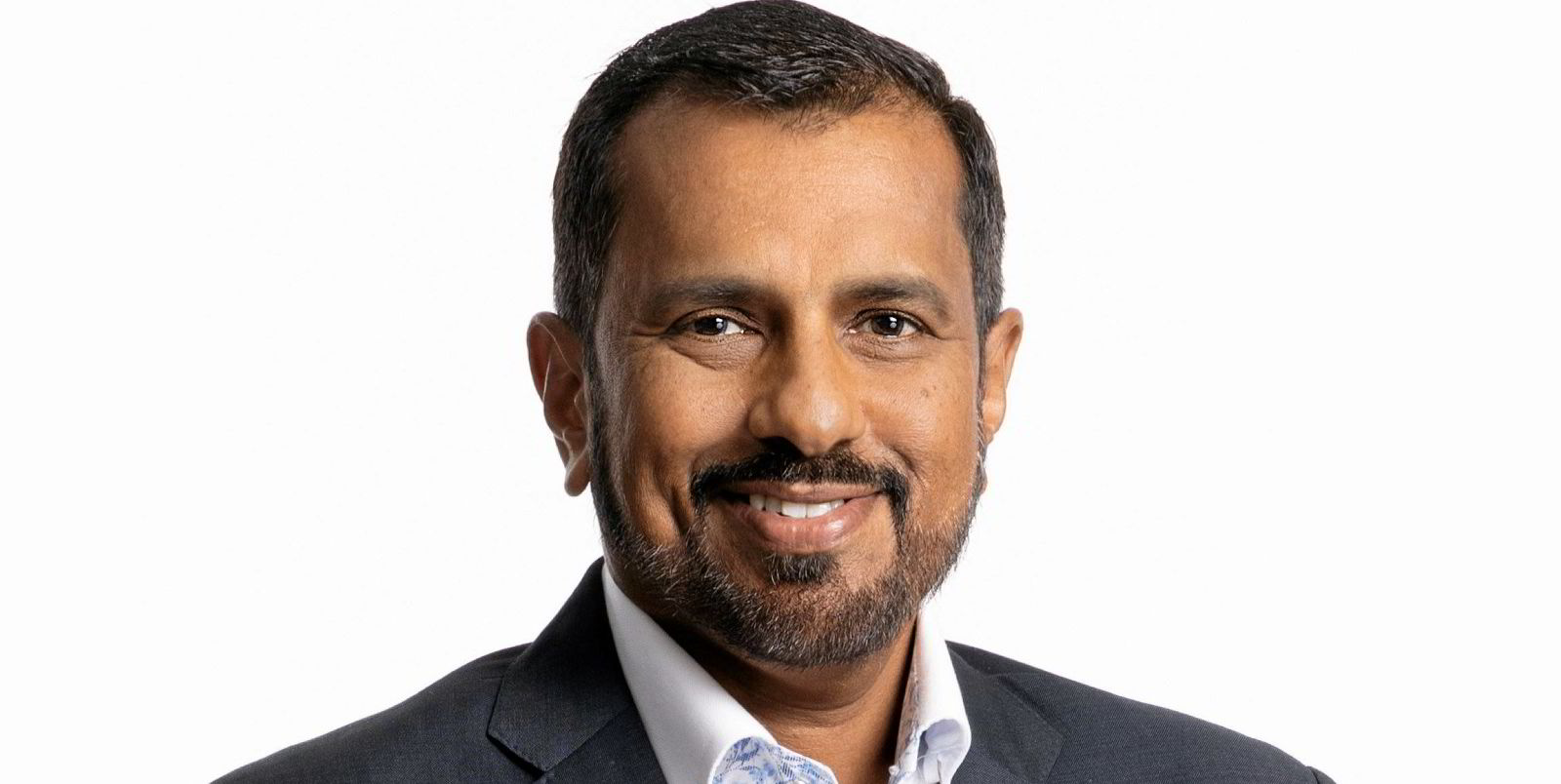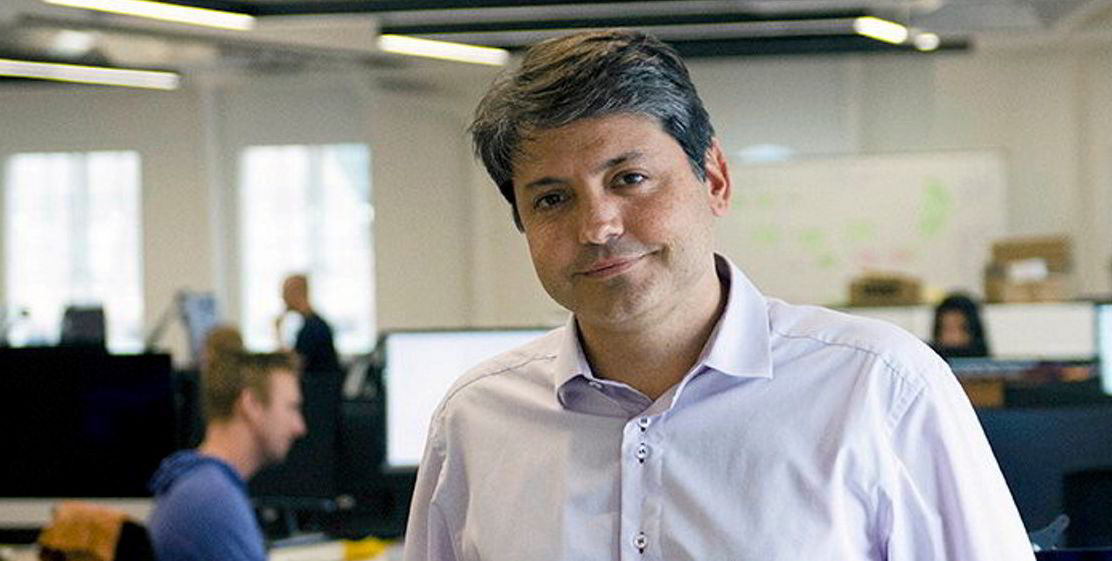Malaysian shipowner MISC has sealed its first sustainability-linked loan with big-name lenders.
Standard Chartered led the $527m refinancing of six very large ethane carriers (VLECs) as structuring bank and sustainability coordinator.
The 98,000-cbm vessels were delivered in 2020 and 2021 from Hyundai Heavy Industries and Samsung Heavy Industries in South Korea.
The Kuala Lumpur-based owner named other lenders in the syndicate as Korea Development Bank, Sumitomo Mitsui Banking Corp, DBS, Export-Import Bank of Malaysia and MUFG Bank.
The 11-year financing is structured to align with MISC’s long-term business strategy and sustainability aspirations, the owner added.
MISC has committed to achieving net-zero greenhouse gas emissions by 2050 and aims to contribute to a carbon-neutral economy by transitioning to low-carbon, and eventually zero-carbon, emissions transport solutions.
Ambitious environmental targets in the loan go beyond the emissions target outlined in the International Maritime Organization’s 2050 decarbonisation trajectory and the Poseidon Principles for lenders.
These include measuring the carbon intensity of MISC’s gas fleet by means of the annual efficiency ratio.
The interest rate will be lowered if MISC hits certain targets.
Vice president of finance Raja Azlan Shah Raja Azwa said: “We at MISC believe that integrating ESG principles into our long-term strategy and decision-making is key to shaping a sustainable future.
Landmark deal
“Securing this landmark sustainability-linked loan for our VLECs reflects our continued commitment to accelerating the drive to improve our ESG performance by tying our financing with our decarbonisation strategy.”
Abhishek Pandey, global head of shipping finance at Standard Chartered, said: “… We are committed to playing our part in addressing climate change and in enabling other organisations, like MISC, to do so by supporting them with their own ambitions.”
MISC’s fleet comprises more than 100 owned and in-chartered vessels, ranging from VLCCs and product tankers to floating storage units and LNG carriers.
In February, the owner reported a strong finish to its 2022 financial year.
The fourth quarter saw higher margins on freight rates for its tanker division, coupled with higher construction gains from a floating production, storage and offloading vessel conversion in its offshore business segment.
Operating profit was MYR 1.09bn ($249m), up 193% from the same three months of 2021.





